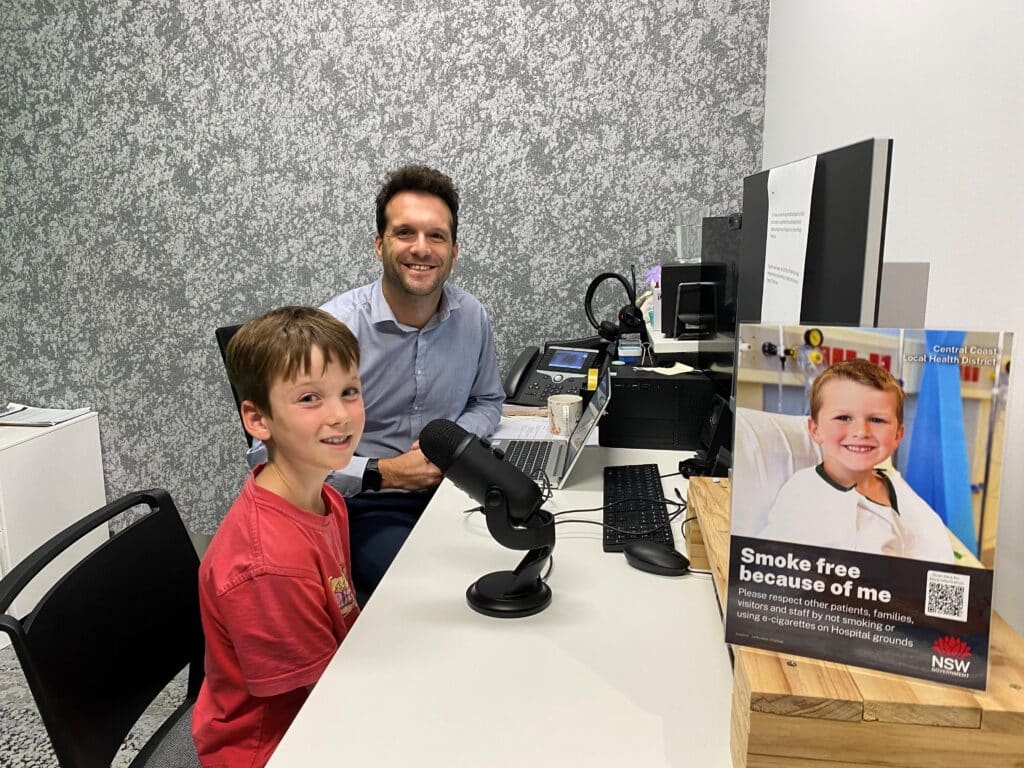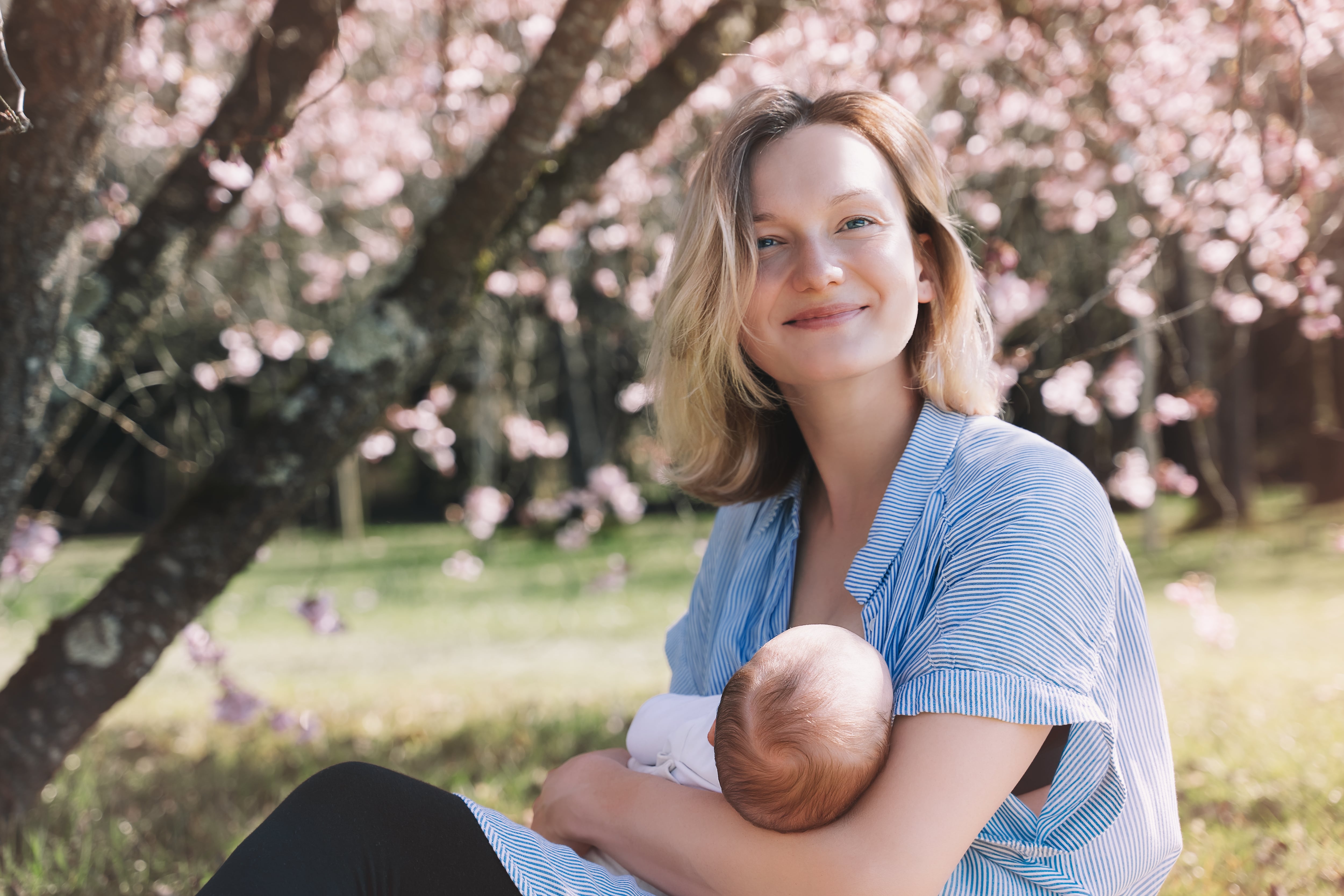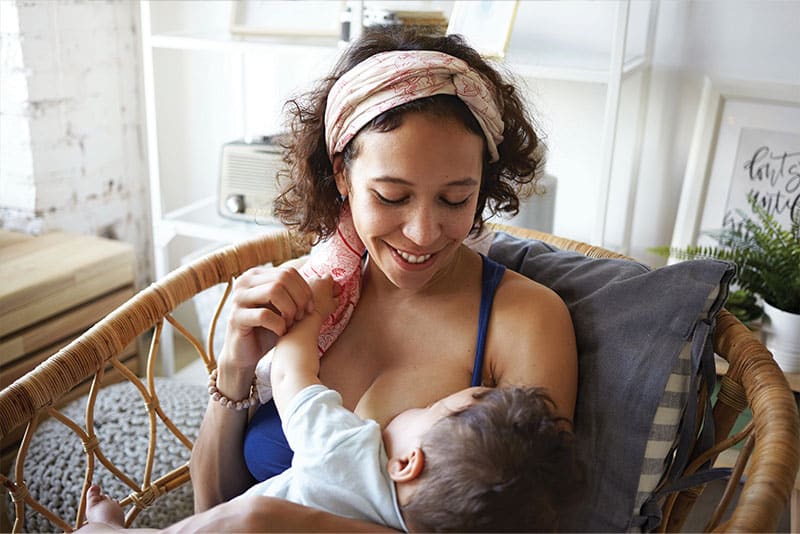Alcohol and Pregnancy
There is no safe amount of alcohol you can drink during pregnancy. On this page you’ll find advice and support on how to avoid alcohol if you are pregnant or are planning a pregnancy.

There is no known safe level of alcohol exposure during pregnancy
There is no safe time, no safe amount, and no safe type of alcohol to drink during pregnancy. Alcohol can harm a developing baby at any stage of the pregnancy, even before it is confirmed. Any alcohol consumed passes directly to the baby and can damage their growing brain, body, and organs. This damage can have a life-long impact.
Central Coast Local Health District has developed a pregnancy calendar with helpful information and resources to support you and your baby through every stage of a healthy pregnancy. Download your copy here.
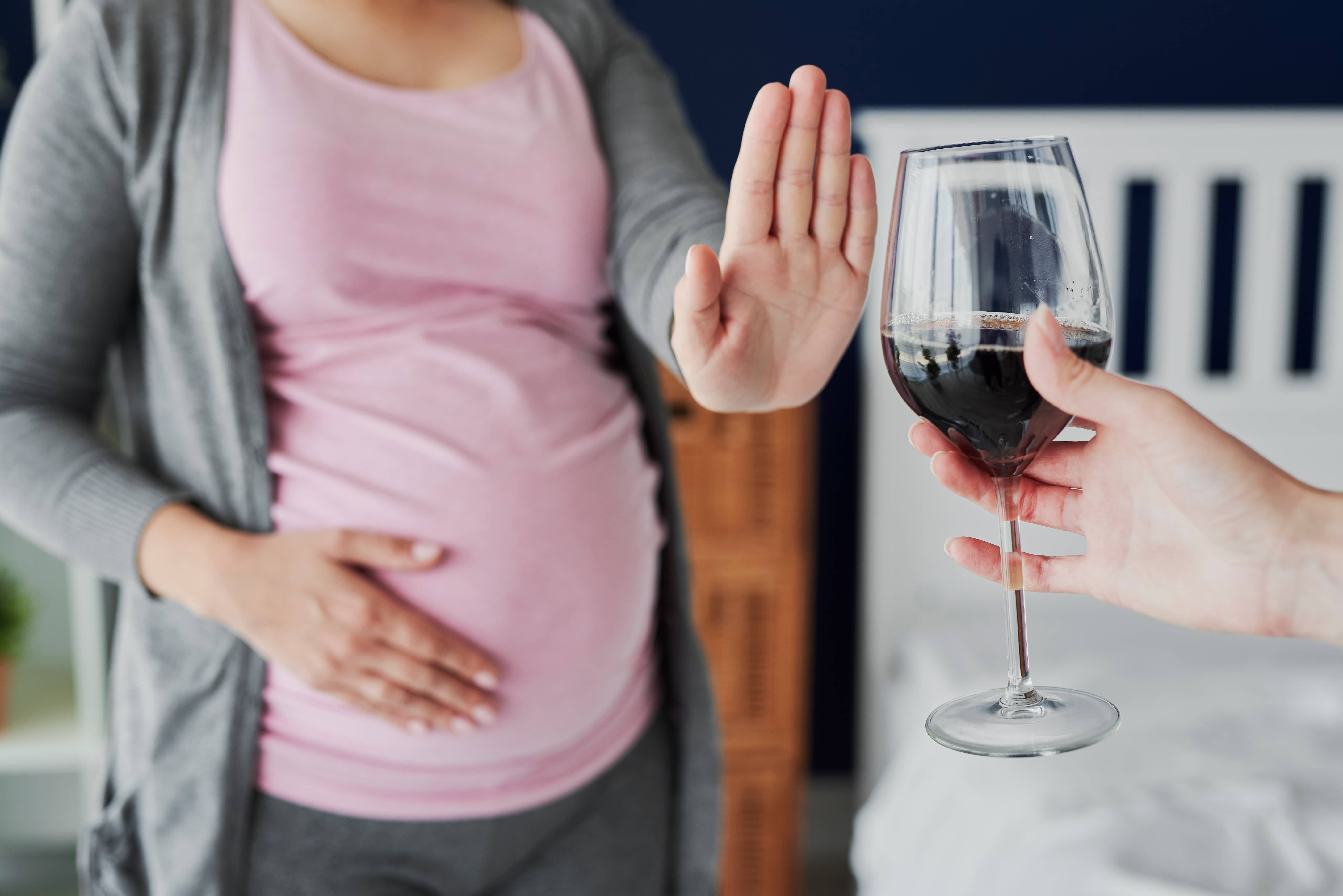
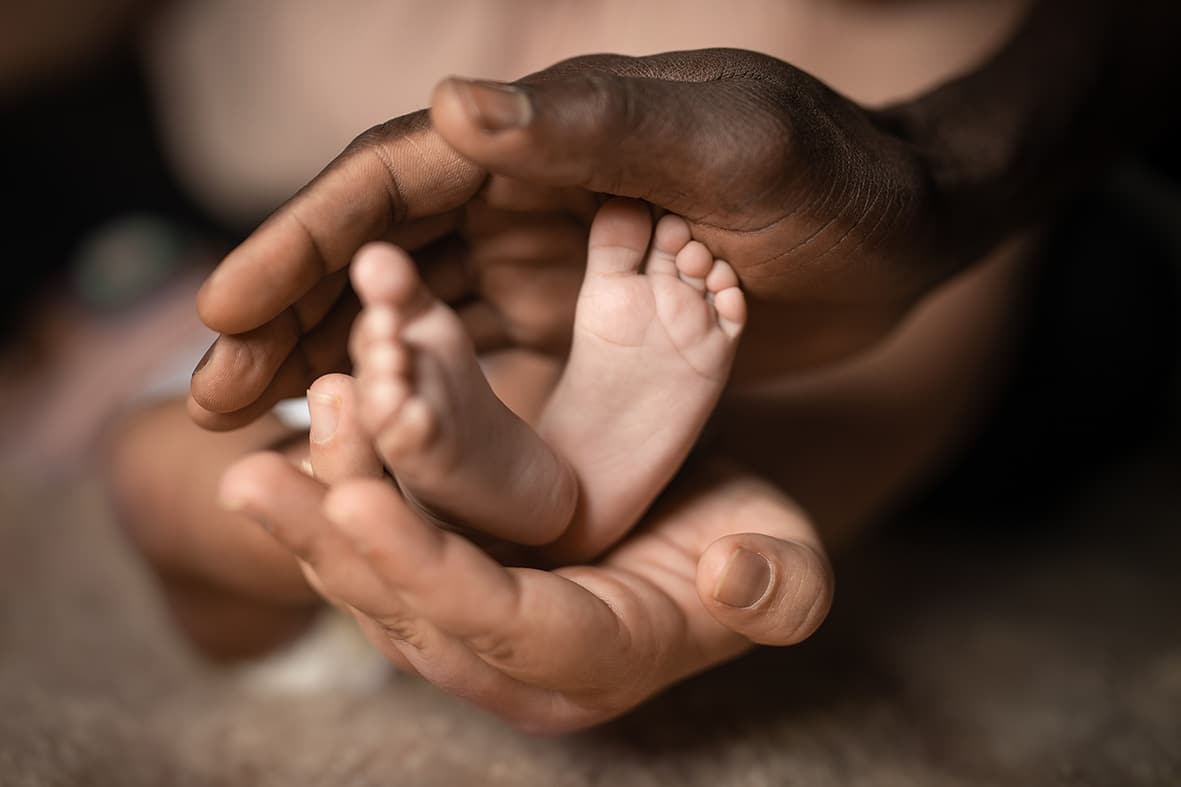
What effects does alcohol have on an unborn baby?
Drinking alcohol during pregnancy increases the risk of miscarriage, stillbirth, premature birth and having a child with Fetal Alcohol Spectrum Disorder (FASD).
FASD is Australia’s leading cause of preventable, non-genetic disability, and can cause life-long impairments and challenges. International FASD Awareness Day, also known as Red Shoes Rock! Day, is marked every year on the 9th day of the 9th month (9th September). To read more about the impact of FASD, go to the National Organisation for FASD (NOFASD) website.
Planning to become pregnant?
Planning a pregnancy is an exciting time. It’s also a great opportunity to go alcohol free.
This is because alcohol can affect the developing baby from conception. Most people don’t know the moment they become pregnant. So, if you’re planning a pregnancy, it is safest to stop drinking alcohol as soon as you start trying. Visit Every Moment Matters to find information and support on how to make the moment you start trying the moment to stop drinking alcohol.
Going alcohol free has some great benefits for you too, including better sleep, reduced anxiety and mental wellbeing. For more information, visit Be Nice to Brain. Drink Less.
Dads and partners play an important role in planning healthy pregnancies. Alcohol affects male fertility, so avoiding alcohol when planning to become pregnant is very important for dads too. Continue reading below for more information on how partners can support a healthy pregnancy for both mother and baby.
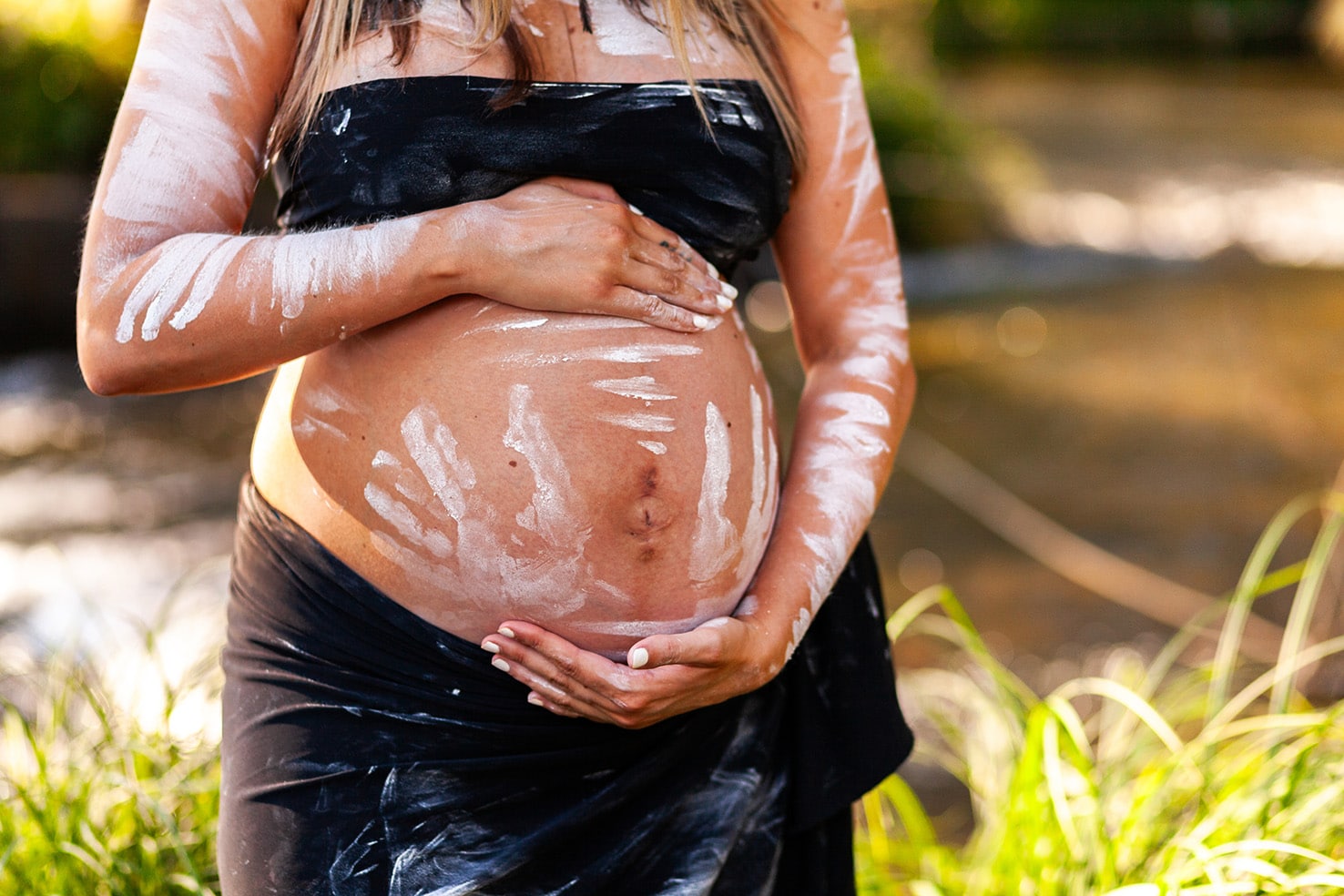
Dads and partners supporting healthy pregnancies
Every parent and partner can play an important role in supporting healthy pregnancies and preventing FASD. Quitting alcohol together is one of the most effective ways to promote a healthy pregnancy.
Did you know that:
- Most women who drink alcohol during their pregnancy drink at home.
- 3 out of 4 women who drink during pregnancy drink with their partners.
- Women are more likely to drink more often during their pregnancy if their partner drinks often – even when their partner doesn’t drink at home.
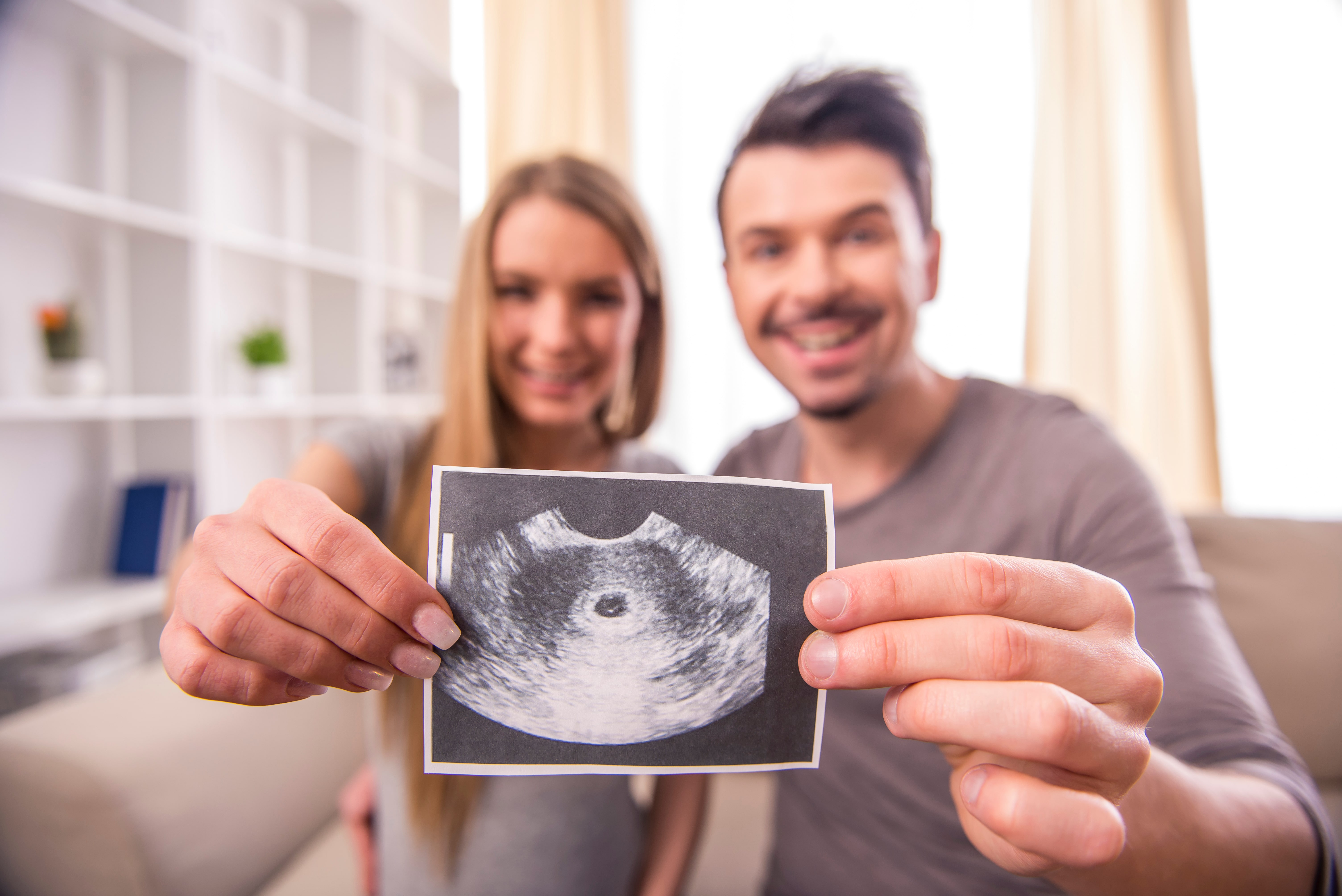
Tips for partners to support an alcohol-free pregnancy
Partners play an important role in supporting mothers and babies to be as happy and healthy as possible. By working together, you can create a positive environment that supports a healthy pregnancy. Here are some tips on you can support your partner to be alcohol free during pregnancy:
1. Join the journey: Reduce or stop drinking alcohol while your partner is pregnant. Whether it’s for a month, three months or the entire pregnancy, remaining alcohol free can be helpful and encouraging for many women.
2. Stock up on healthy drinks: Keep a variety of tasty and healthy non-alcoholic drinks at home such as sparkling water and juice. There are so many delicious options to have on hand.
3. Get creative: Try making some fun alcohol-free creations together with friends. If you want to enjoy a refreshing drink while socialising with friends and family, opt for one that is non-alcoholic, such as a sparkling mineral water with fresh lemon or lime.
4. Stand strong together: Be a supportive ally by helping your partner stand up to any pressure to drink alcohol. You might want to come up with a pre-arranged reason for not drinking that you can both stick to if it’s too early to announce your pregnancy.
5. Plan fun activities: Plan social activities and events that don’t involve alcohol.
6. Spread the word: Talk to friends and family about the importance of an alcohol-free pregnancy. The more people who understand, the more support you’ll have.
What should I do if I drank alcohol before knowing I was pregnant?
Because not all pregnancies are planned, and people may be unaware of the moment they become pregnant, alcohol may be unknowingly consumed in the early stages of pregnancy.
If you are concerned, speak to your doctor, obstetrician or midwife. You can also call NOFASD Australia on 1800 860 613 for confidential information or support.
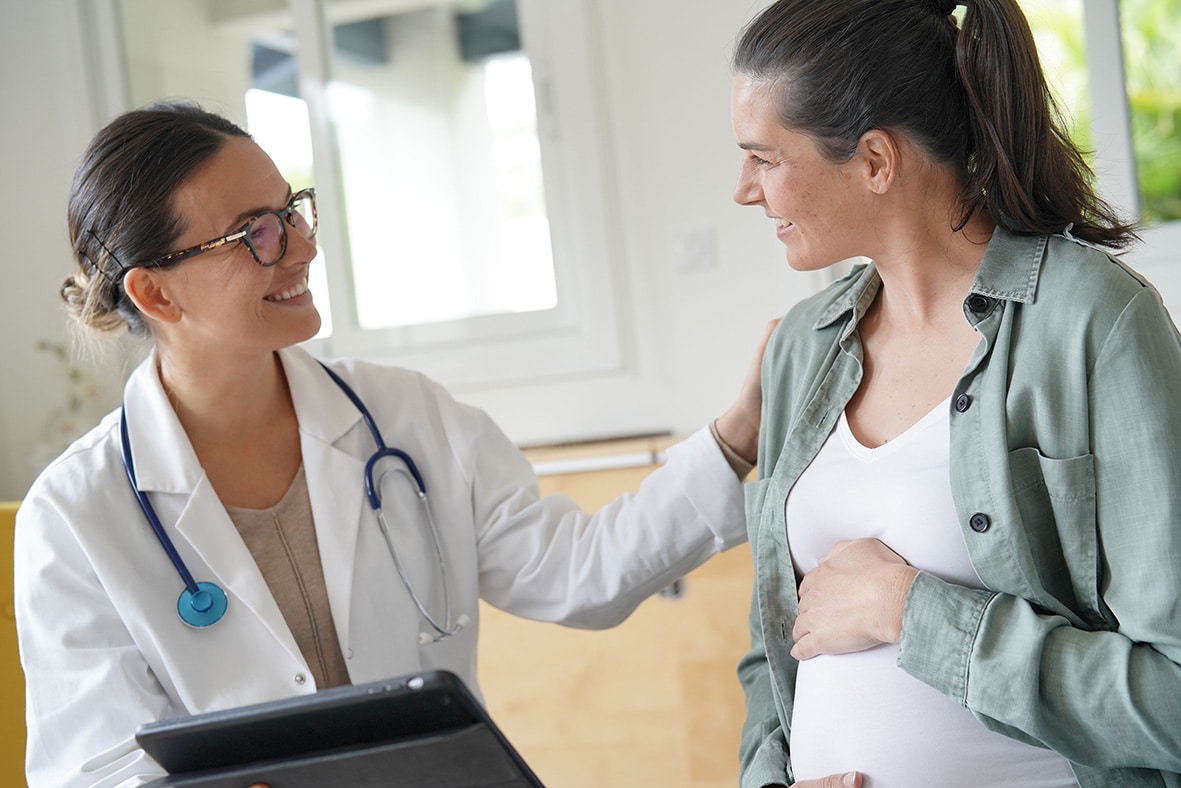

How to avoid alcohol in social situations
It can be tough to steer clear of alcohol in social settings, especially when others don’t know you’re pregnant. If you’re happy to, you could simply say “No thanks, not while I’m pregnant.
However, if you don’t want people to know that you are pregnant, order your own non-alcoholic drink and have a response on hand if someone offers you a drink.
The examples below may be helpful.
“No thanks – not at the moment, I’m on a health kick and not drinking alcohol.”
“No thanks, I'm driving.”
“No thanks, I have a big day tomorrow.”
Changes to alcohol labelling
There is strong evidence that demonstrates the harmful impact of alcohol in pregnancy, including increasing the risk of still birth, premature birth, miscarriage or a having a child with FASD,
In response to this evidence, in 2020 it became mandatory in Australia for alcohol products and packaging to display pregnancy health warning labels. This is to ensure women and partners receive information about the harm that alcohol can cause to unborn children. The industry was given a three-year transition period to include the warning, with all alcohol products and packaging now required to display an approved pregnancy health warning.

Where can I get support to give up alcohol?
If you’re finding it hard to give up alcohol while you’re pregnant or breastfeeding, talk to your doctor, midwife or obstetrician for advice. They are there to support you, and your baby, throughout your pregnancy and breastfeeding journey.
The following are also sources of support:
- NSW Health’s Get Healthy in Pregnancy Service offers free online coaching and support to stay on track with your health goals during pregnancy, including avoiding alcohol while pregnant. Coaching and health advice is tailored to each individual, and delivered at a time that suits you by university qualified health coaches, to help you achieve your personal health goals. For more information and to sign up, visit the website or call 1300 806 258.
- Pregnancy, Birth and Baby is a national Australian Government service providing support and information for expecting parents and parents of children, from birth to five years of age. To speak to a maternal child health nurse, you can call Pregnancy, Birth and Baby on 1800 882 436 or arrange a video call. The service is available 7am to midnight (AET), seven days a week.
- NOFASD Australia provides confidential information or support on fetal alcohol spectrum disorder. Call the national helpline seven days a week on 1800 860 613.
- Every Moment Matters is a campaign from the Foundation for Alcohol Research and Education that offers resources to support avoiding alcohol throughout all the moments of pregnancy, right from the moment you start trying to get pregnant.
- Feed Safe is a free app from the Australian Breastfeeding Association designed to help mothers make informed decisions about alcohol consumption while breastfeeding, based on the latest research and official guidelines.
- Be Nice to Brain is a campaign from the Tasmania Government, local community organisations and health professionals that highlights the link between alcohol, mental health and wellbeing. The campaign website has information and referrals for alcohol-related sleep, anxiety and mental health issues.
Other pages you might be interested in


Latest News

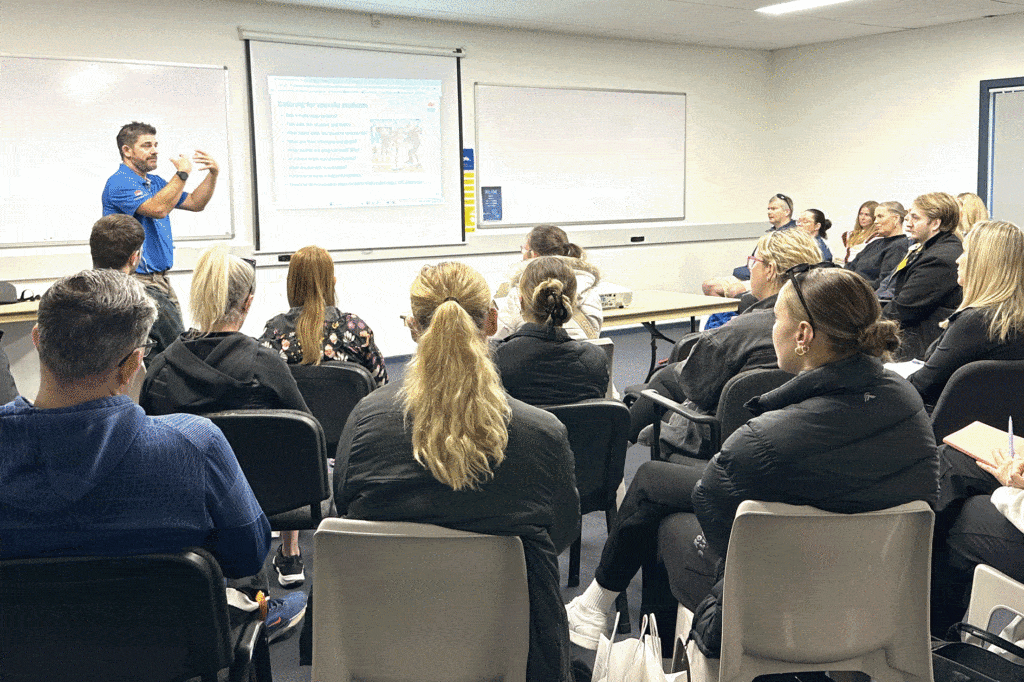
Moving Together: Empowering inclusion through sport
